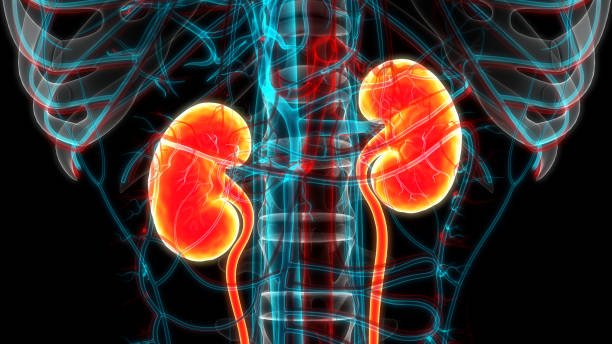
Kidneys can be damaged silently for a variety of reasons, often without showing noticeable symptoms until the damage is significant. Some common reasons include:
- Hypertension (High Blood Pressure): High blood pressure can damage the small blood vessels in the kidneys over time, leading to kidney damage without obvious symptoms in the early stages.
- Diabetes: Diabetes, especially when poorly controlled, can cause damage to the kidneys over time. High levels of glucose in the blood can injure the kidneys’ filtering units, leading to gradual deterioration of kidney function.
- Chronic Kidney Disease (CKD) Progression: Chronic kidney disease can progress silently, with the kidneys gradually losing their ability to function properly over time. This can occur due to various underlying conditions such as autoimmune diseases, genetic disorders, or long-term exposure to certain toxins.
- Certain Medications: Some medications, particularly when taken over a long period or in high doses, can be toxic to the kidneys and cause damage without obvious symptoms until the damage becomes severe.
- Smoking and Substance Abuse: Smoking and the use of certain recreational drugs can contribute to kidney damage over time, often without immediate symptoms.
- Other Medical Conditions: Certain medical conditions, such as polycystic kidney disease (PKD) or kidney stones, can silently damage the kidneys over time before symptoms become apparent Preventive Action Plan: Regular health check-ups, monitoring of blood pressure and blood sugar levels, maintaining a healthy lifestyle, and avoiding substances known to be harmful to the kidneys can help reduce the risk of silent kidney damage. Early detection and management of underlying conditions are crucial in preventing further damage and preserving kidney function.
